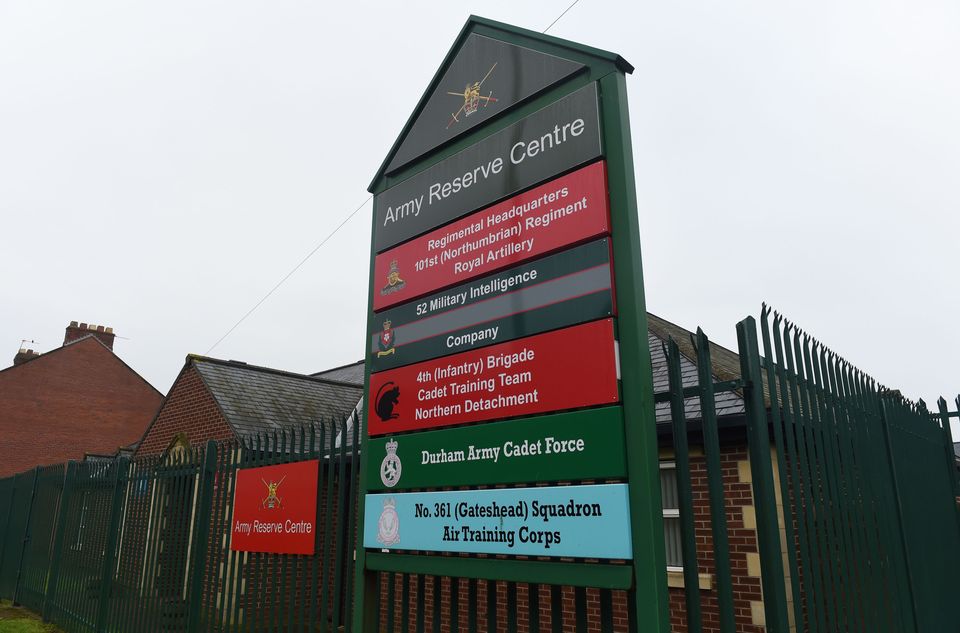Britain’s reserve forces are as “hollowed out” as the regular armed forces, with some personnel earning less than if they were stacking shelves, an independent review has found.
In its annual report on the state of the UK’s reserve forces, a team led by retired major-general Simon Lalor found the size of the reserves had continued to decline over the past year.
The total strength of the reserves stood at 32,490 in April, down 1,340 compared with 2023 and almost 5,000 fewer personnel than in 2021.
The total trained strength stands at 29,570 – well below the 35,060 figure recommended by an independent commission in 2012, a decade before the Russian invasion of Ukraine.
The more recent “Future Soldier” programme envisions an Army Reserve 30,000 strong, but its current trained strength is just 24,070.
Describing the continued decline in numbers as “disappointing”, General Lalor warned that “ongoing failings of the recruiting system” and other factors meant there was a risk the situation was likely to continue.
An annual report on the state of Britain’s reserves warned that they were still struggling to recruit and retain personnel (Owen Humphreys/PA)
In his foreword to the report, he said: “The reserve in part has become hollowed out just as much as the regular component is now described.”
The report follows a speech by defence minister and former Royal Marines colonel Alistair Carns, in which he described reserves as “critical, absolutely central” to being able to deploy a large enough fighting force in a crisis.
Mr Carns argued that a greater emphasis on reserves was necessary as the regular Army faced being wiped out within six months to a year if it had to fight a war on the scale of that in Ukraine
He said: “Without (reserves) we cannot generate mass, we cannot meet the plethora of defence tasks.”
But General Lalor’s report painted a bleak picture of the state of the reserve force, saying it “lacks a clear and resourced sense of purpose”, had a recruiting system that was “unfit for purpose”, and lacked the numbers to reinforce regular units for war-fighting duties.
It said: “Our assessment in 2024 is that the health of the Reserve has not improved; it is still poor, and worse, and continues to decline.”
It added: “Two years after the invasion of Ukraine, the Army has no coherent plan for how to deliver mass nor prepare for a longer-term conflict.”
On recruiting and retaining personnel, the report found that only seven out of every 100 applicants to the Army Reserve actually ended up joining, with many dropping out of the process because of “drift”, and called for “radical action” to improve recruitment.
It also expressed concern about levels of pay, saying they had not kept pace with the minimum wage.
It said: “Given … that a reservist balances family, job and reserve service, a reservist’s family cannot help but notice that their reservist family member is not only away, but is being paid less than if they were stacking shelves.”
Responding to the report, Mr Carns said the pay rise awarded to the armed forces this year had aligned starting salaries with the minimum wage for the first time, adding that the Army was implementing “a wide-ranging package of measures” to improve recruitment and retention.
He said: “The Government is committed to our reserves, and I have set out my intent to review and enhance the role of reserves.
“It is imperative that we recognise and leverage the importance and unique contributions of our reserve forces, particularly in light of recent global events.”
